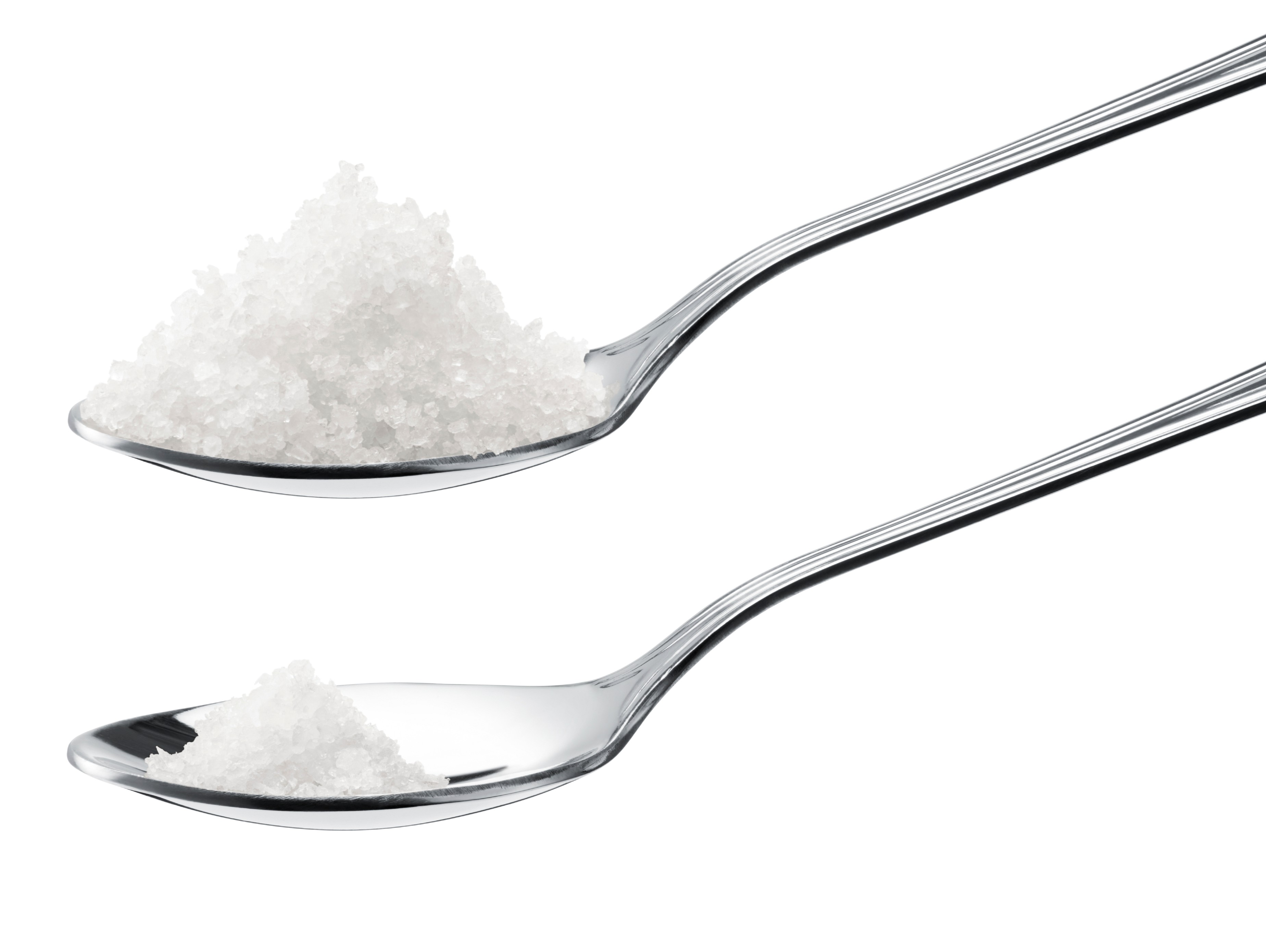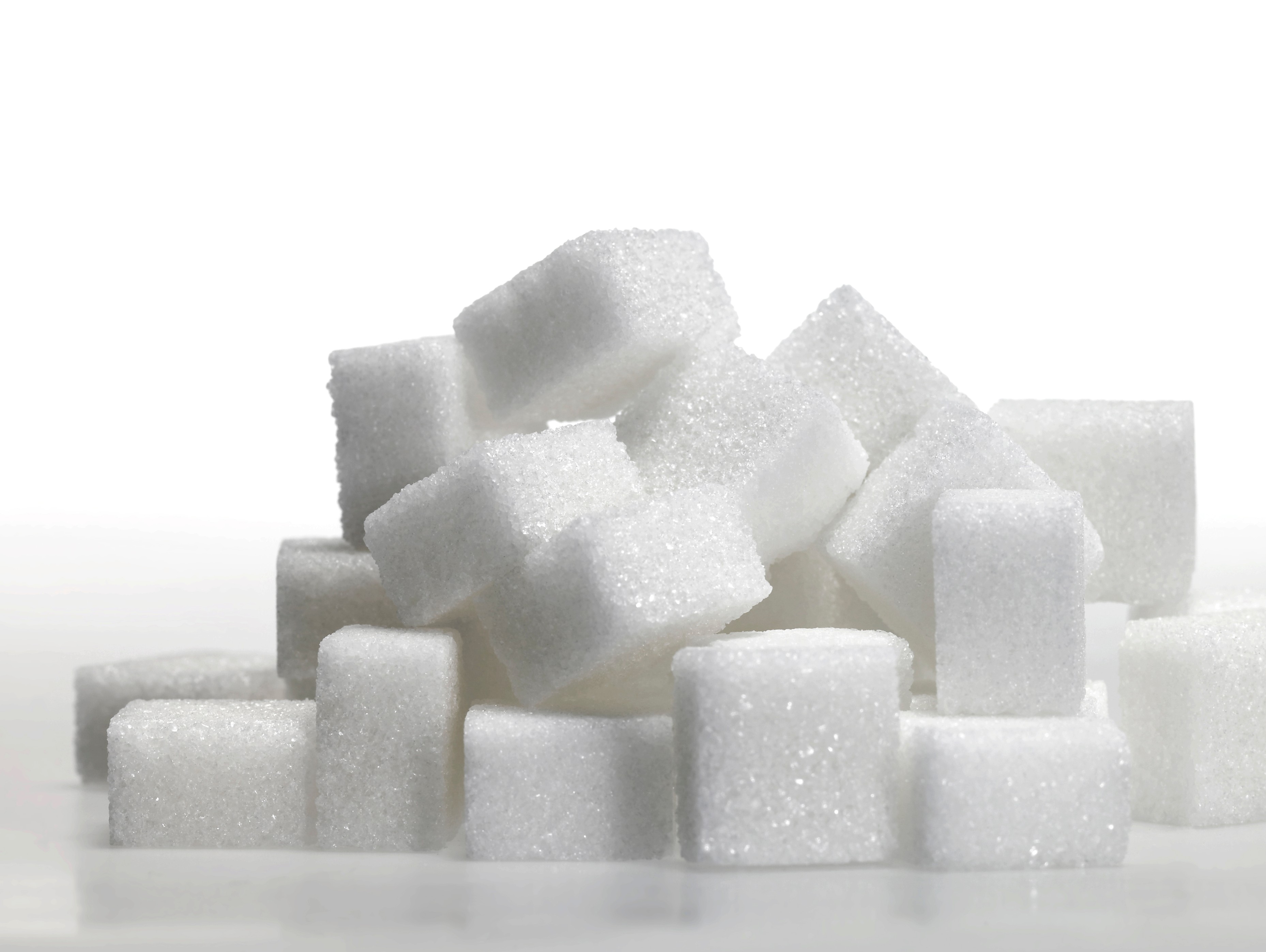
The current levels of salt, saturated fat and sugar in food products must be reduced: in late January, several parties signed an Agreement that extends far beyond the existing Covenant on the reformulation of food. What does the Agreement entail?
On 23 January 2014 Edith Schippers (the Dutch Minister of Health, Welfare and Sport), FNLI (Federation of Dutch Food and Grocery Industry), KHN (Royal Dutch Foodservice Industry), Veneca (association of contract caterers) and CBL (Dutch Food Retail Association) signed an Agreement on behalf of the food industry to bring the composition of food products more closely into line with a healthy diet. The term ‘a healthier product offering’ means that the balance of ingredients within products and meals as well as the range of products or meals on offer (whether in a shop, canteen or restaurant) must be ‘healthier’ in the future. The Agreement goes beyond the Covenant on the reformulation of products which was signed by CBL and VNV (Dutch Meat Manufacturers' Association) in May 2013.

Numerous companies have improved their products since the Health Council of the Netherlands published its guidelines for a healthy diet on 18 December 2006. A detailed list of the companies striving to improve their products can be found on the FNLI website. At a sector level, agreements are in place with bakeries (bread), canning companies (vegetables), the meat industry and the dairy industry. In addition to a taskforce for salt, there is also a taskforce for better fatty acid composition in products containing vegetable oils and fats [www.vetzuursamenstelling.nl] which focuses on reducing trans-fatty acids and lowering the saturated fat content. No Dutch taskforce has been set up for sugar so far.
‘Measurable results must be achieved within the next 6 years’
What does the Agreement mean for your product range? The deadline has been set as 2020, which means that measurable results must be achieved within the next 6 years. The Health Council of the Netherlands’ guidelines for a healthy diet provide a fairly clear indication of which products count as the basic products. If this is the case for your product range, the next step is to analyse how the nutrient composition of your product range compares with that of similar products. The NEVO database is a good benchmark. If appropriate, you can or must adapt the composition of your products. The approach is crucial. When reducing saturated fat, for instance, you must first understand its function within the product. It is advisable to investigate this carefully; a nutrient often has several functions (such as adding texture, protein suspension, gel formation and/or helping to extend the shelf life), and virtually all ingredients have an effect on the overall taste experience. Implement the changes in small steps, since there are many examples of things going wrong when changes have been made too drastically. There is no doubt that manufacturers, suppliers of additives and auxiliary agents, and researchers will have to work together to achieve the goals within the time frame. Thankfully many studies have already been published, and researchers from TNO can offer you further support if required.
The reformulated products will ultimately have to be offered to consumers. This will not be a simple task: product sheets will have to be amended, as will the information on labels. How should such changes be communicated to consumers? How do you plan to handle any customer complaints? The best advice is to continually work on developments and improvements; in the long term, that will ensure a product portfolio that not only contributes to a healthy diet for consumers but also underlines your company’s commitment to corporate social responsibility (CSR).

The progress on the Agreement is being monitored; the industrial organisations will check compliance with the maximum levels each year. At product level, the National Institute for Public Health and the Environment (RIVM) is using the food database (LEDA) to assess the progress. The Netherlands Food and Consumer Product Safety Authority (NVWA) will regularly analyse the composition of products in terms of salt, saturated fat and calories (sugar and fat). The Agreement on Improved Product Composition, salt, saturated fat, sugar (calories) can be downloaded from the website.
www.Rijksoverheid.nl (Agreement in Dutch only)
TNO kan producenten van levensmiddelen, op basis van haar fundamentele en praktische kennis en ervaring, verder helpen bij het verlagen van zout, suiker en vet in producten. Neem contact op met Joost Blankestijn, Business Development Manager.
([email protected] of +31 (0) 88 866 193)
Source: Beeld boter: ©iStock.com/vikif; Beeld suiker: ©iStock.com/prill; Beeld zout: ©iStock.com/Okea;